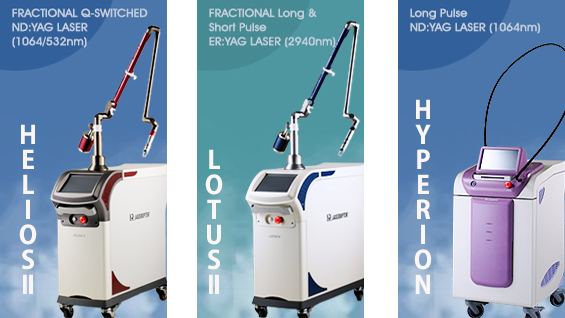
In this issue, we will take a comprehensive look at pigment therapies in Japan including current practices of melasma treatment, demand for melasma treatment, and actual treatment methods being used.
Japanese patients are very conservative and tend to hesitate seeking medical attention for the purpose of aesthetic improvement. The resistance to aesthetic medicine is weaker in large cities like Tokyo or Osaka but those in rural areas have very low awareness for aesthetic treatments and regard them as something reserved for few special people.
Japanese people seeking aesthetic improvement start with whitening products that are easily available in stores. They are picky when it comes to cosmetic products and try various products before they find one that is effective. Many Japanese cosmetic manufacturers are conglomerates such as Shiseido and have their own laboratory. And these laboratories are dedicated to extensively researching ingredients that are more varied than those studied in medical institutions. Many plant-derived ingredients have been recognized for melanin inhibition and obtained approval from the Ministry of Health, Labour and Welfare. A few years ago, there was a widespread controversy over rhododenol, a whitening agent marketed by Kanebo that was potent enough to cause vitiligo. Many whitening products are sufficiently effective and that is why many people resort to skin care with cosmetics for whitening and melasma management.
HELIOSⅡ/LOTUSⅡ/HYPERION – Manufacturer: LASEROPTEK(www.laseroptek.com)
Aesthetic salons or beauty salons offer a wealth of procedures that claim to have whitening effects. They use more aggressive advertising than medical institutions and offer relatively more affordable prices. However, when you actually visit these salons, they push expensive packages (10 or 20 treatments) rather than offering a good treatment. The Japanese government is regulating these businesses to protect consumer rights but many still continue to push high-priced packages to customers.
-To be continued-




















